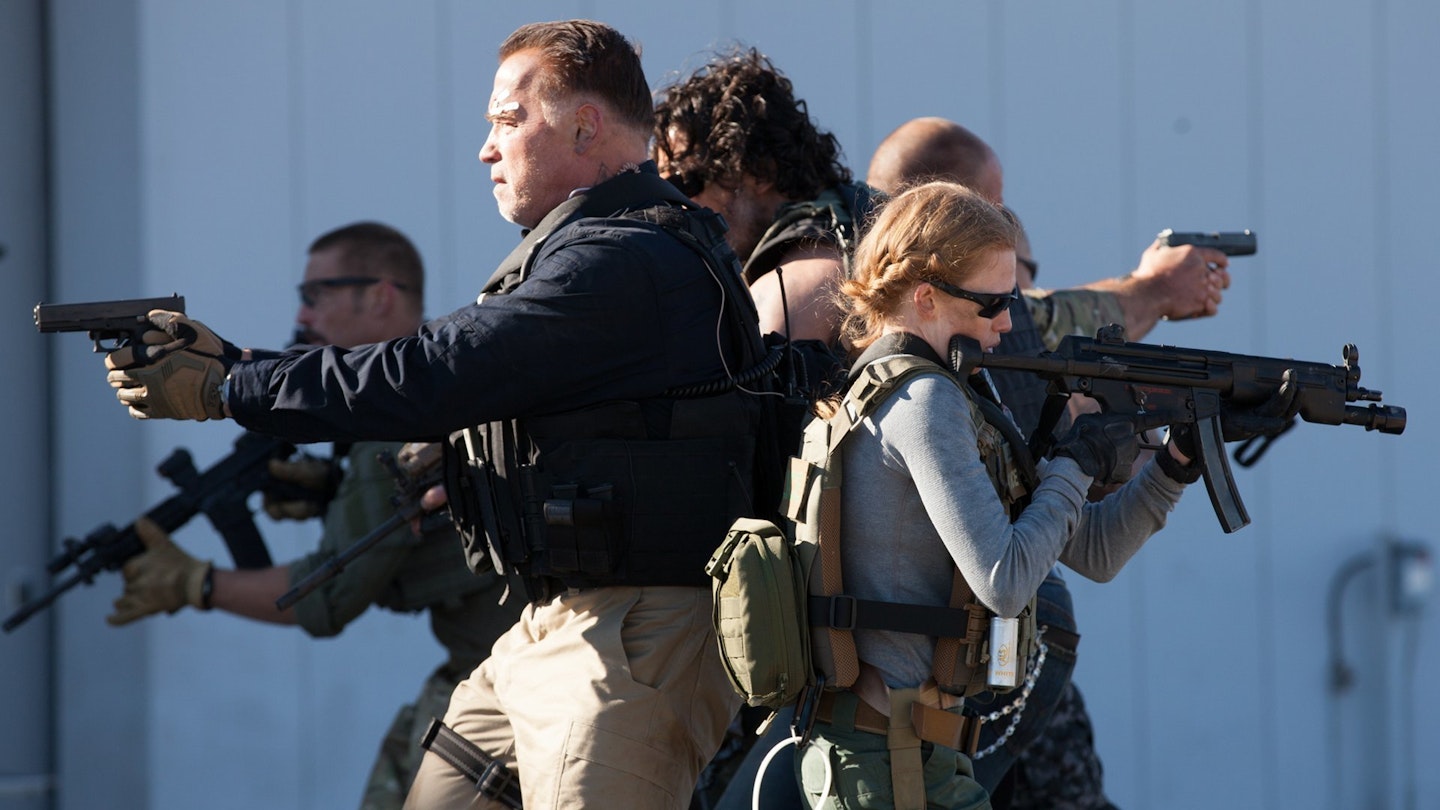Having just rendered W. Somerset Maugham's Ashenden as Secret Agent , Alfred Hitchcock adapted Joseph Conrad's dense 1907 novel, The Secret Agent, as Sabotage. He never cared for the film, which was the last he produced for Michael Balcon at Gaumont-British, telling François Truffaut that he made too many mistakes in its execution. Yet, it remains an atmospheric London thriller, whose over-arching sense of pessimism reflected a world that had inched closer to crisis by the Nazi remilitarisation of the Rhineland and the outbreak of the Spanish Civil War.
Hitch's greatest regret seems to have been his inability to persuade Alexander Korda to loan him Robert Donat to play Ted Spencer. He clearly had little faith in John Loder and rewrote scenes in a bid to disguise his shortcomings. However, many contemporary critics commended Loder's performance, along with Hitchcock's assured escalation of suspense through the aggregation of telling details. But others felt that he had laid on the psychology with a trowel at the expense of exciting action.
Hitchcock himself felt that he had wrongly encouraged the audience to side with Verloc by allowing Oscar Homolka (who was as capable of rotund geniality as Mitteleuropean menace) to appear the injured party, as Loder made his less than subtle play for Sylvia Sidney. Moreover, by having him plead with his bomb-making handler, the Professor (William Dewhurst), to avoid a loss of life, Verloc seemed to be even less directly culpable for Steve's death (especially as the boy dawdled on his errand to Piccadilly Station).
However, Hitchcock considered killing a kid to be an unforgivable error of judgement, which he compounded by having Sidney murder Homolka, in a dinner table sequence that never quite conveyed its accidental design. Yet it was superbly staged, as was the devastating preceding scene in which Winnie watched the Disney cartoon Who Killed Cock Robin? having just learned of Steve's demise. Less subtle, however, was the inclusion of the poster for Graham Cutts's farce, Aren't Men Beasts?, in the background, as Ted tried to persuade her to run away with him.
